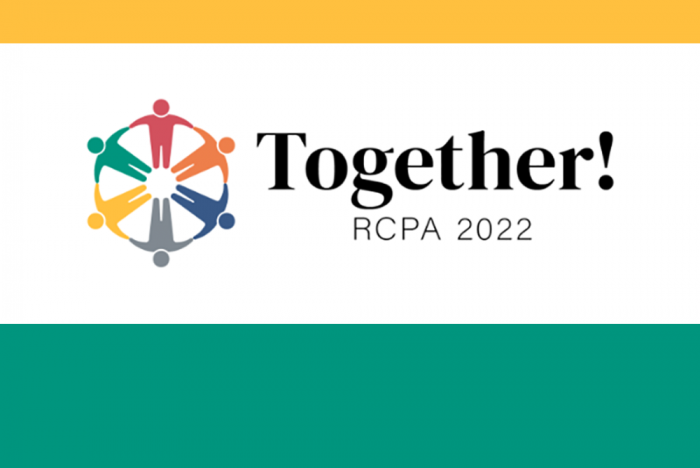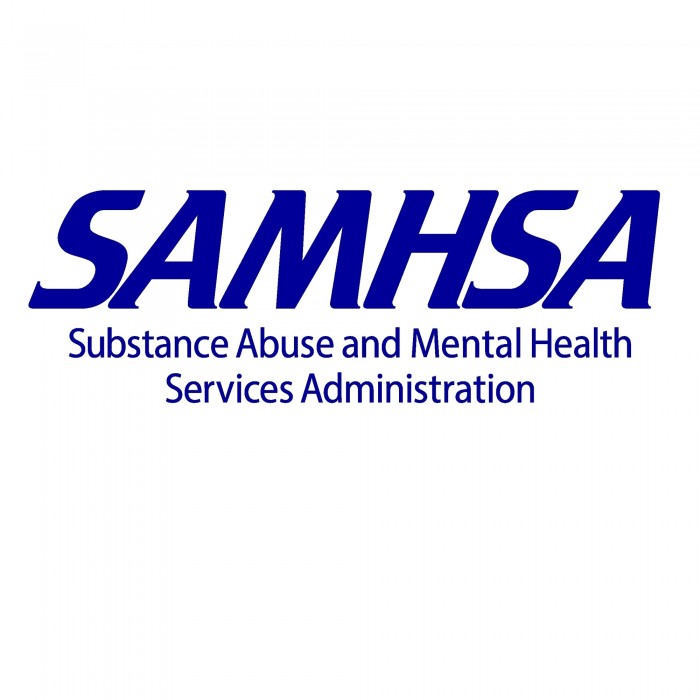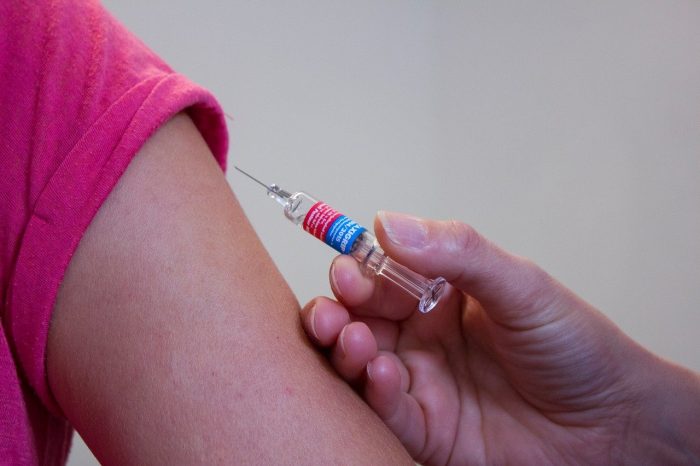RCPA Member Foothold Technology Celebrates DSP Recognition Week
Message from RCPA Member Foothold Technology:
It’s DSP Recognition Week! — Check Out Our Kudoboard Thanking DSPs Around the Country & Join Us for a Webinar We Are Sponsoring With NADSP!
It’s DSP Recognition Week! We’re thrilled to celebrate amazing DSPs making a difference in their communities. Each nominee received a special message of gratitude from Foothold along with a Starbucks gift card. Check out our Kudoboard highlighting the stories and nominations we’ve received over the past several weeks. Maybe you’ll recognize someone you know!
Webinar: Recognition, Retention, and Returns: How One Organization Empowers Direct Support Professionals — September 28 at 2:00 pm ET
In this sponsored webinar from Foothold Technology and NADSP, three direct support professionals from The Arc Northern Chesapeake Region and CEO Shawn Kros share the impact of NADSP materials on their organization. This panel discussion will focus on how Arc NCR infused NADSP materials and technology into their daily operations. Shawn Kros will share data on the impact as well as the benefits of doing so in their workforce. The direct support professionals will share how they have been influenced by this cultural shift at the organization and how recognition affects their role. Don’t miss out on this amazing session. Visit here to register!


















